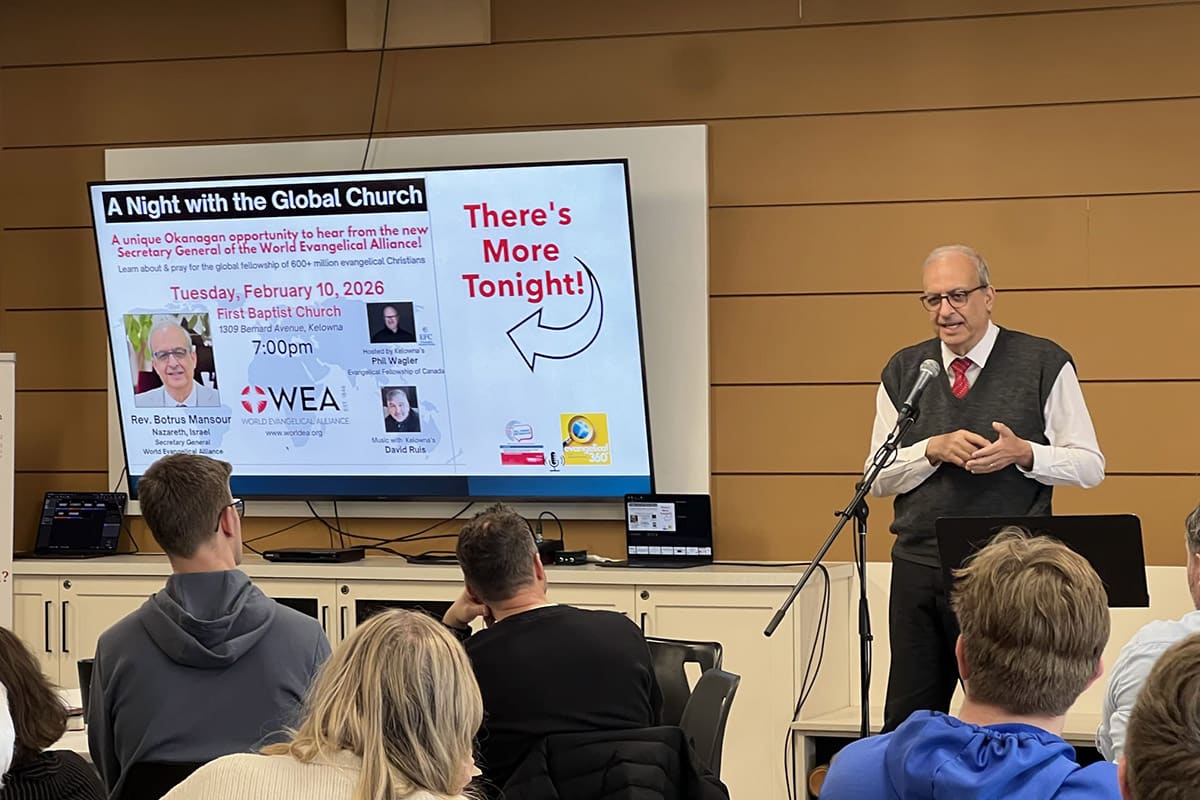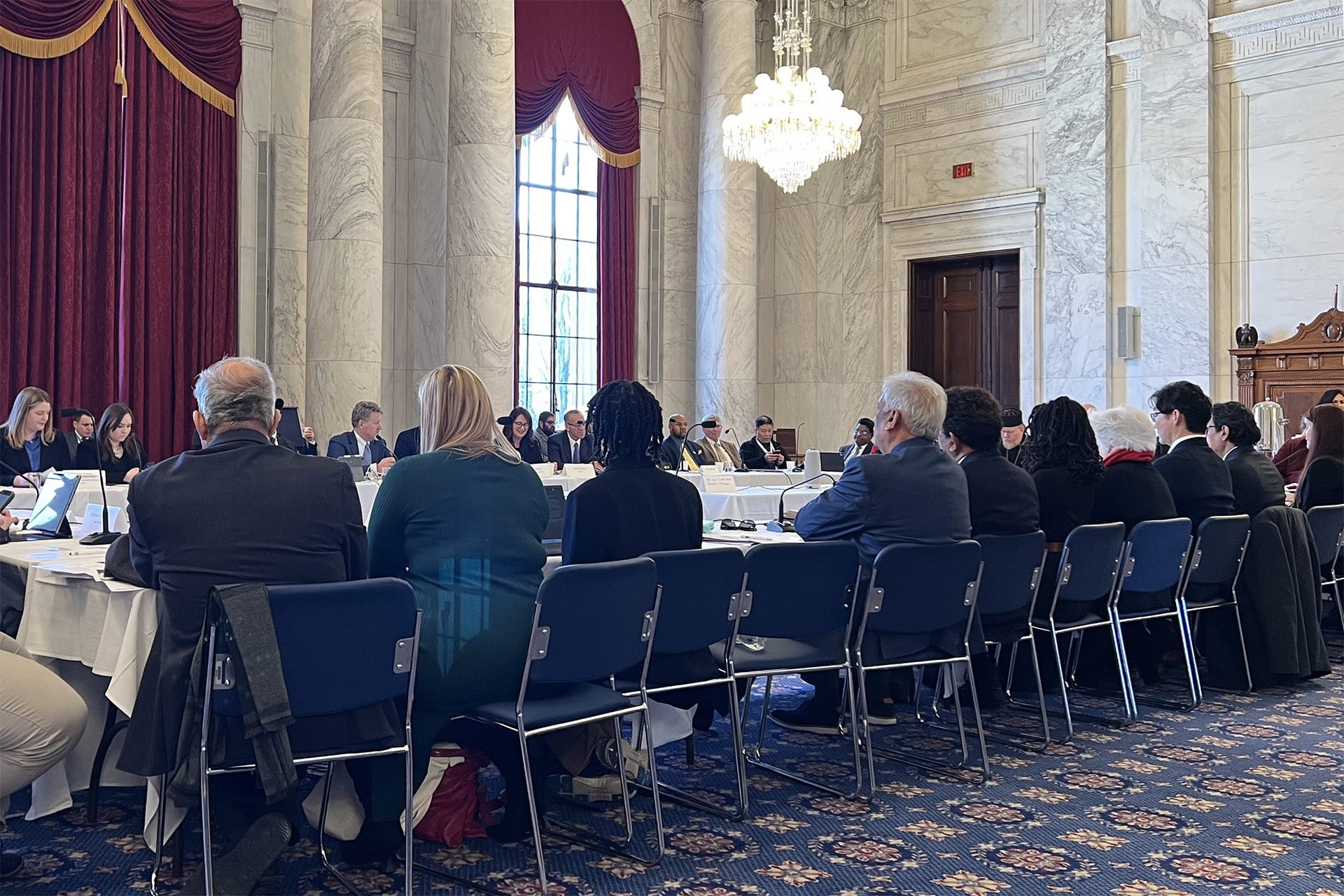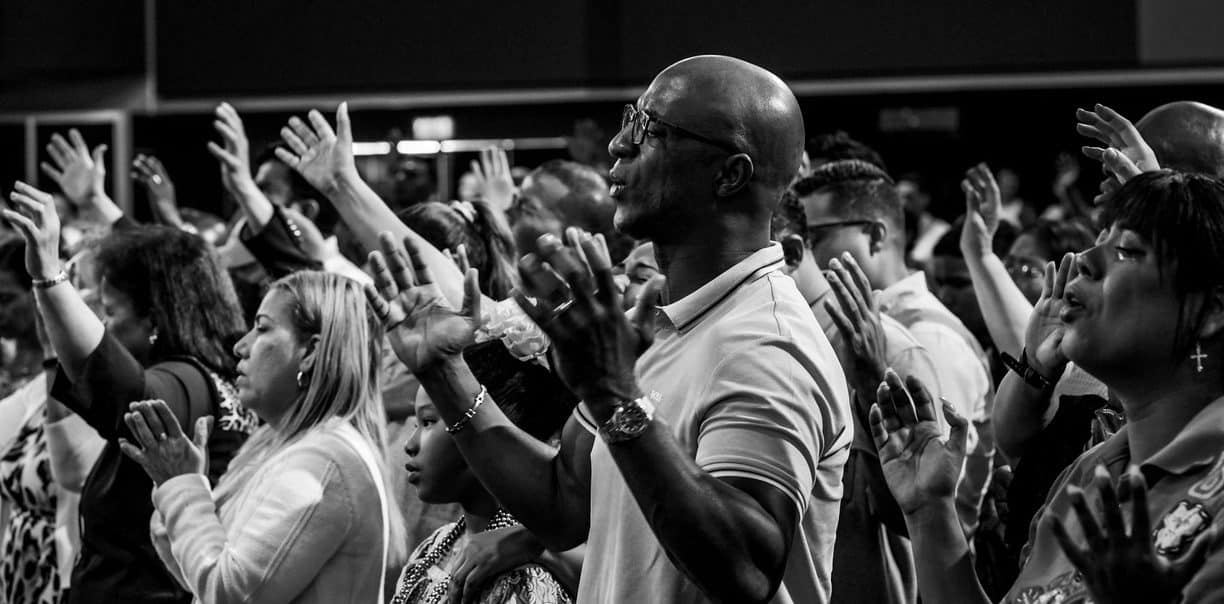SEOUL, SOUTH KOREA (October 29, 2025) – The World Evangelical Alliance (WEA) General Assembly has brought together more than 900 delegates from 124 nations, alongside 4,000 Korean pastoral leaders. Organizers describe it as a “family reunion” for global Christianity and only the beginning of greater engagement and unity between the WEA members and the Korean church.
The gathering, which convenes once every six years, illustrates evangelical Christianity’s geographic shift, with 71% of attendees from Africa, Asia, and other Global South regions—mirroring the fact that 70% of the world’s Christians now live in these areas.
“People often think North America would have the highest representation of evangelicals,” notes Dr. Brad Smith, Interim Director of the Alliance Engagement Department, “but only 17% of our delegates come from there.” Asia dominates with 36% of attendees, while Africa accounts for 21% and Latin America 5%.
The numbers tell compelling stories not just of demographic shifts, with a much younger average attendee age of 46 than in past gatherings, but also of determination and growth. Nepal, despite the toppling of the recent Government and significant travel challenges, sent a remarkable delegation that accounted for 9% of all Asian attendees. Burundi and Rwanda each contributed 12% of African delegates, while countries like Pakistan, where Christians face considerable challenges, represent 12% of delegates and Latin America 5%.
The assembly comes at a critical juncture for global Christianity. During the plenary session titled “Proclaiming the Gospel in a Shifting World,” it was revealed that approximately 3.7 million churches around the world are lacking trained pastoral leadership. This issue is especially critical in the rapidly growing churches of the Global South. Michael Ortiz from the Global Pastoral Training Alliance stated that there is only one trained pastor for every 450,000 people globally, excluding the U.S. This situation indicates that church growth is significantly outpacing the ability to train new leaders.
The crisis within the Church extends to issues of character, integrity, and the uncompromising holiness needed to effectively witness Christ’s gospel. Rev Dr Stephen Tong, the 85-year-old Indonesian evangelist known as the “Billy Graham of Asia,” delivered a challenge to the assembly: “Are you holy? Is your life a holy life? Many pastors commit sin, but they come up to the altar every week and preach. If you can keep everything holy, then you can be the servant of God.”
Data-Driven Mission and Surprising Opportunities
The Patmos Initiative, presented by Paul Williams of the British and Foreign Bible Society, revealed a striking paradox: while 76% of Asia’s population knows nothing about the Bible, there exists significant interest among non-Christians, including 17% in South Korea itself. This untapped spiritual curiosity represents what speakers called a vast missional opportunity requiring strategic, data-informed approaches.
Korean Church Unity and North Korean Crisis
The Korean National Pastors Conference, which has run alongside and in conjunction with the General Assembly, has begun to strengthen historically divided Korean churches. With the Korean Evangelical Fellowship (KEF) recently voting in an extraordinary member meeting to transform into the Korean Evangelical Alliance (KEA), and with representatives from both Yoido and Sarang churches, there have been rich discussions and calls for greater unity within the Korean church.
Pastor Kiho Lee, a Korean church representative, says, “I’m so grateful I can gather together with pastors from all over the world through the WEA Seoul General Assembly. Where the east and west meet, the northern and southern hemispheres come together, and we can also meet Asia in South Korea, I am so excited for the future.”
A powerful testimony from Ji Seong-ho, a North Korean defector, brought urgent attention to the plight of 25 million North Koreans. His story of survival—including losing his left arm and leg in a horrific accident as a teenager, enduring surgery without anesthesia, his grandmother starving to death, his father being tortured to death after the family’s defection, and his mother being sold into human trafficking—speaks to the unimaginable challenges facing North Koreans.
Ji Seong-ho insisted that his survival was not merely luck but rather an act of God intended to make him a voice for North Korea, where underground believers cannot read the Bible or sing praises openly, and where hundreds of thousands have been trafficked or are living as homeless street children. His message was a direct, emotional charge to the global church: to pray ceaselessly for North Korea and to recognize its shared responsibility to spread the gospel there.
Call for Gospel Unification
After 80 years of failed military, diplomatic, and political efforts, speakers presented “gospel unification”, where North and South Korea are truly made one in Christ, as the only remaining realistic path forward. The assembly learned of three South Korean missionaries currently detained in North Korea and the complex diplomatic efforts undertaken in partnership with the WEA to secure their release. The end of the session shared a passionate appeal for Christian leaders to “cry out with one heart” for God to bring about a “new thing” on the Korean peninsula, something that can only be supernaturally achieved as a demonstration of God’s sovereign power over human geopolitics.
Addressing Global Challenges
The assembly is confronting multiple pressing challenges facing the global church. Chikondi Malomba of the United Bible Societies emphasized that making the Bible accessible in local languages, cultures, and formats is a matter of social and historical justice, particularly in Africa, where poverty, illiteracy, and post-colonial perceptions remain significant barriers.
The leadership training crisis demands urgent innovation. The Global Pastoral Training Alliance has set an ambitious goal: ensuring every church has a pastoral leader trained in character and competency by 2035. This requires shifting from exclusively formal, residential degree programs to flexible, contextual models that take theological education directly to local leaders.
Dr. Brad Smith emphasizes the assembly’s practical focus: “People love the preaching, they love the worship services, but what they really enjoy is meeting with each other. They’re all working on how they can improve their national alliances in being better at advancing the gospel in their areas.”
The assembly continues through the week with today’s WEA Business Meeting to include voting for new International Committee members and discussing draft amendments, as delegates work to address what speakers called an urgent need for the global church to leverage data for smarter mission, engage culture with moral courage, and urgently address the leadership training crisis through collaborative and innovative models.





Stay Connected